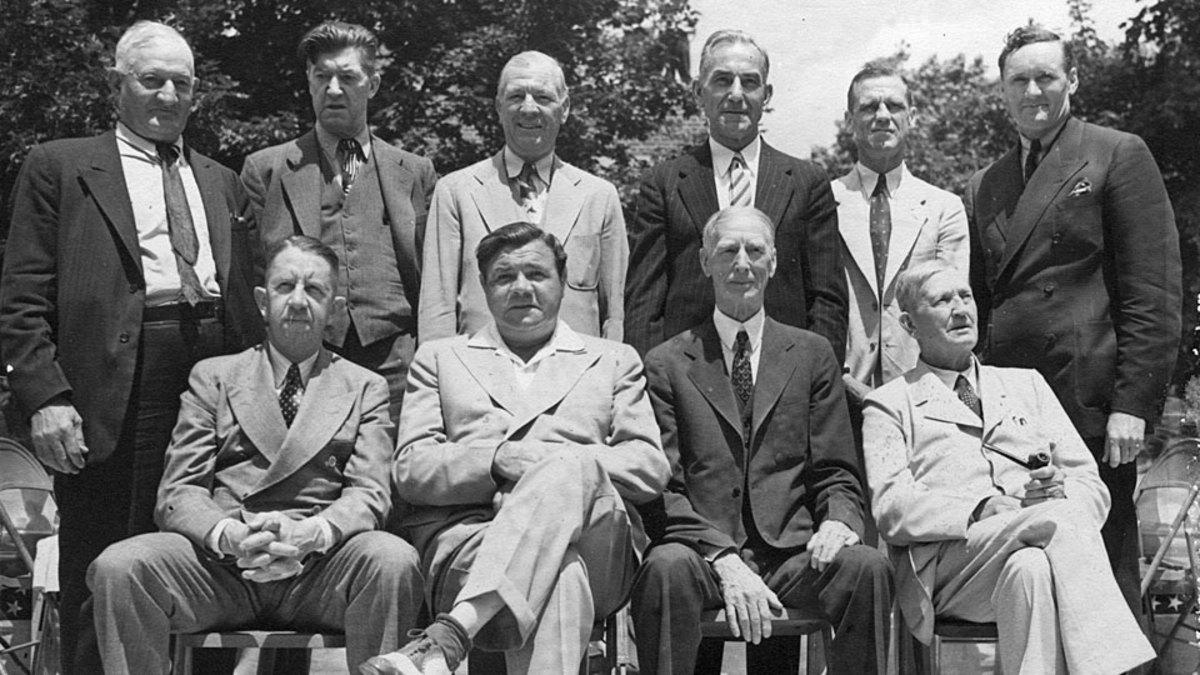Thinking about tennis (or golf, or nba/nfl etc.) where all anyone cares about are grand slams, championship rings etc. got me thinking about longevity and how to value it. People don't really care about match win % or tournament win %. It's about the aggregate tally. Lets ignore the pre 70s days where a 20 year career could be 30 tests for simplicity.
If you only look at modern players say Jimmy Anderson, who has taken (in the last ~8 years) 300 wickets at 23, how do you compare him to a bowler who got 300 wickets in his entire career at 23? Do you only look at the best comparable 300 wicket stretch? Do you pick the best calendar years that get to 300? The best tests that sum to 300? Do you just ignore all that and say both careers breach some threshold of "long" and so you just look at the full career of ~600 wickets vs ~300 wickets and based on bowling average conclude the 23 averaging player is better?
What defines better in this context? Is it how many wins did Anderson contribute to (or losses avoided) throughout his career? Or how many wins (or losses avoided) did Anderson contribute in a comparable number of matches or wickets? In the case of Anderson he roughly averaged 29 for his first 330 wickets and ~23 in the last 300. You can conclude he was a fair bowler in the first half of his career but in the latter half was an ATG and took as many or more wickets than many ATGs in their entire career (and likely contributed to as many or more wins)
I think aggregate tally might be a bit unfair in cricket where some teams play less/more and different eras played less/more. But I would strongly advocate for selecting a player's best stretch (in my opinion it needn't even be a continuous stretch, just the best [x] years/matches) when comparing someone with a very long career vs someone with a shorter career.
The logic as i've alluded to is that the player with the very long career (Anderson in this case) has done everything that the player with the shorter career has done and then some. He has won England as many matches, as many Ashes, taken as many 5-fors etc. I think looking at career averages misses this nuance and underrates players with long careers. Who cares if Richards played on a bit too long and his average dropped? Does it diminish his decade + dominance ? Is Federer falling in esteem as he plays on? The answer is no. Longevity (and especially excellence over a long period) is incredibly important and should be properly rated. This is the primary reason why it's far too premature to call Smith the #2 after Bradman. Ponting has done what Smith has done and then some (scored as many runs at a similar average and then gone on to have a whole second career compared to Smith). So has Sangakkara etc.
If you only look at modern players say Jimmy Anderson, who has taken (in the last ~8 years) 300 wickets at 23, how do you compare him to a bowler who got 300 wickets in his entire career at 23? Do you only look at the best comparable 300 wicket stretch? Do you pick the best calendar years that get to 300? The best tests that sum to 300? Do you just ignore all that and say both careers breach some threshold of "long" and so you just look at the full career of ~600 wickets vs ~300 wickets and based on bowling average conclude the 23 averaging player is better?
What defines better in this context? Is it how many wins did Anderson contribute to (or losses avoided) throughout his career? Or how many wins (or losses avoided) did Anderson contribute in a comparable number of matches or wickets? In the case of Anderson he roughly averaged 29 for his first 330 wickets and ~23 in the last 300. You can conclude he was a fair bowler in the first half of his career but in the latter half was an ATG and took as many or more wickets than many ATGs in their entire career (and likely contributed to as many or more wins)
I think aggregate tally might be a bit unfair in cricket where some teams play less/more and different eras played less/more. But I would strongly advocate for selecting a player's best stretch (in my opinion it needn't even be a continuous stretch, just the best [x] years/matches) when comparing someone with a very long career vs someone with a shorter career.
The logic as i've alluded to is that the player with the very long career (Anderson in this case) has done everything that the player with the shorter career has done and then some. He has won England as many matches, as many Ashes, taken as many 5-fors etc. I think looking at career averages misses this nuance and underrates players with long careers. Who cares if Richards played on a bit too long and his average dropped? Does it diminish his decade + dominance ? Is Federer falling in esteem as he plays on? The answer is no. Longevity (and especially excellence over a long period) is incredibly important and should be properly rated. This is the primary reason why it's far too premature to call Smith the #2 after Bradman. Ponting has done what Smith has done and then some (scored as many runs at a similar average and then gone on to have a whole second career compared to Smith). So has Sangakkara etc.




